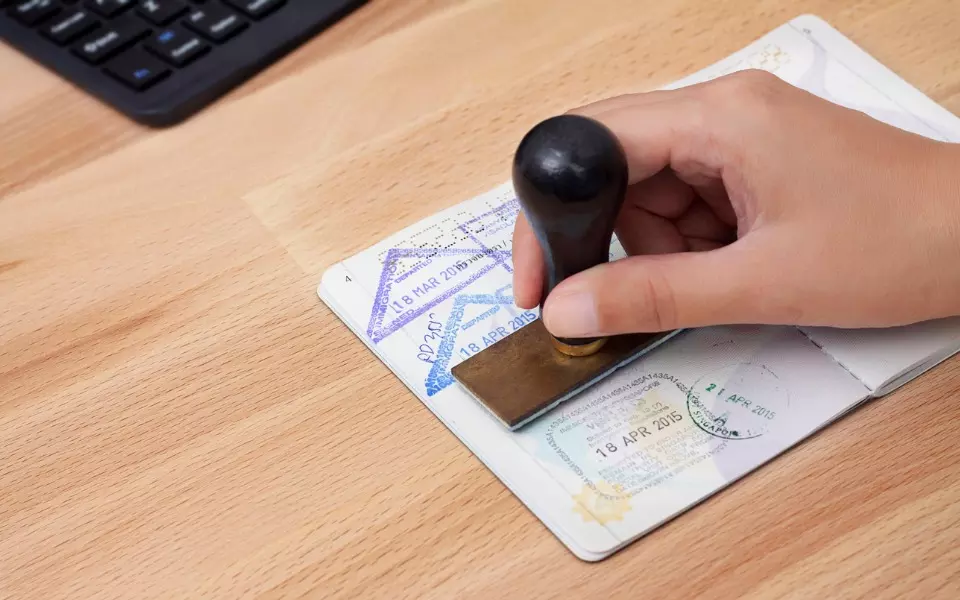
UK tightens citizenship rules to curb illegal migration

London, Feb 12 (PTI) The UK government has tightened rules around British citizenship applications to block migrants arriving illegally on small boats across the English Channel or crossing the border by road or other illegal means.
The ‘Nationality: good character requirement’ assessment guidance published on Monday for UK Home Office immigration staff processing such documents applies to British citizenship applications from Monday.
The guidance notes that a person who applies for citizenship having previously arrived without a required valid entry clearance “having made a dangerous journey, will normally be refused citizenship”.
According to the guidance, a dangerous journey includes, but is not limited to, travelling by small boat or concealed in a vehicle or other conveyance. It does not include, for example, arrival as a passenger with a commercial airline.
“There are already rules that can prevent those arriving illegally from gaining citizenship,” a Home Office spokesperson said.
“This guidance further strengthens measures to make it clear that anyone who enters the UK illegally, including small boat arrivals, faces having a British citizenship application refused,” the spokesperson said.
Under previous rules, refugees and migrants who arrived by such irregular routes had to wait 10 years before being considered for British citizenship. The new guidance indicates that the likelihood of such applications being approved will be extremely unlikely.
Citizenship applications will continue to be considered on a case-by-case basis, Home Office sources said. They indicated that the guidance change builds on statutory requirements to be eligible for naturalisation as a British citizen, such as requiring the person to have become settled alongside clearing criminality checks.
The government faced some backlash from within its own ranks, with Labour MP Stella Creasy taking to social media to voice her disapproval.
“This should be changed asap. If we give someone refugee status, it can’t be right to then refuse them route to become a British citizen. To say they can have a home in our country, but never a place in our society and be forever second class,” said the MP for Walthamstow in east London.
The move comes in the wake of a wider UK crackdown against illegal migration amid soaring figures. Earlier this week, the Home Office revealed that Indian restaurants, nail bars, convenience stores and car washes were among the targets of a “UK-wide blitz” on illegal working in the country.
It also released figures to claim that nearly 19,000 failed asylum seekers, foreign criminals and other immigration offenders were returned on deportation flights since last July to countries across Africa, Asia, Europe and South America following a major escalation in immigration enforcement.
“To rebuild public confidence in the immigration system, we need to show the rules are respected and enforced. That’s why, as part of the government’s Plan for Change, we have put significant additional resource into immigration enforcement and returns, so those who have no right to be here, particularly those who have committed crimes in our country, are removed as swiftly as possible,” said Home Secretary Yvette Cooper.
It comes after the Opposition Conservative Party leader Kemi Badenoch last week said she would toughen up citizenship rules to make it more difficult for new immigrants to be able to get British passports.
During Prime Minister’s Questions (PMQs) in the House of Commons on Wednesday, she called on Prime Minister Keir Starmer to “break the conveyor belt” of people arriving in the UK and then eventually getting British citizenship.
Starmer hit back at the previous Tory government’s record on immigration. “They presided over record high levels of immigration. It reached nearly one million. It was a one nation experiment in open borders,” he said. PTI

